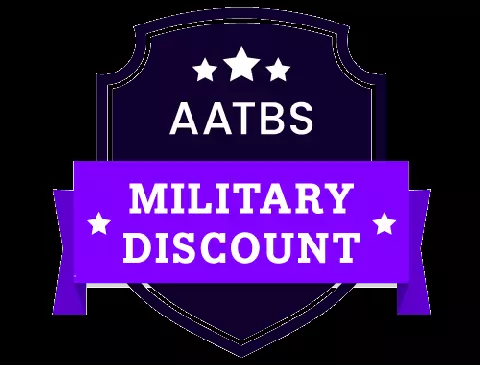Comments


If you're planning to become a licensed psychologist in the U.S. or Canada, there’s important news from
Posted: July 01, 2025

Celebrate Our 49th Birthday! Save on all exam prep and CE courses.
Sale ends Friday 7/18
Use promo code: BDAY25

Whether you are preparing for your licensure exam or you have 20 years of experience, AATBS can help you achieve your professional goals. We're dedicated to helping people, help people.



If you're planning to become a licensed psychologist in the U.S. or Canada, there’s important news from


Becoming an Advanced Alcohol and Drug Counselor (AADC) is a major step forward for professionals who

An exclusive discount offered to our nation's serving military and veterans.

An exclusive discount offered to our nation's serving military and veterans.
